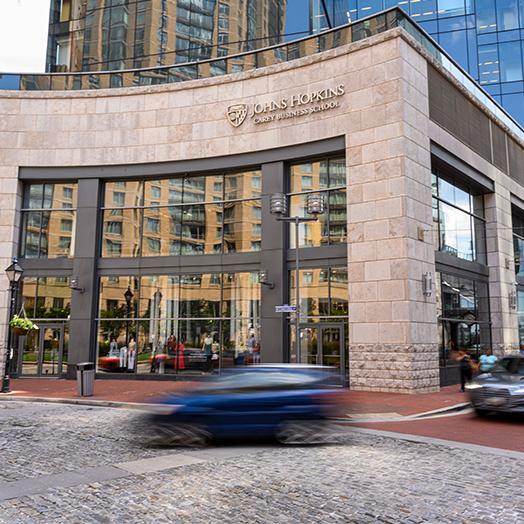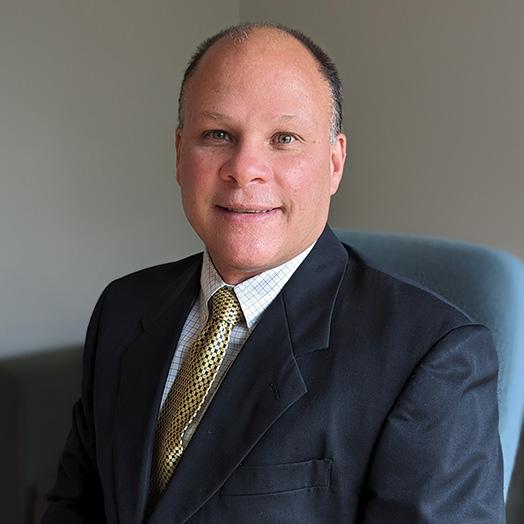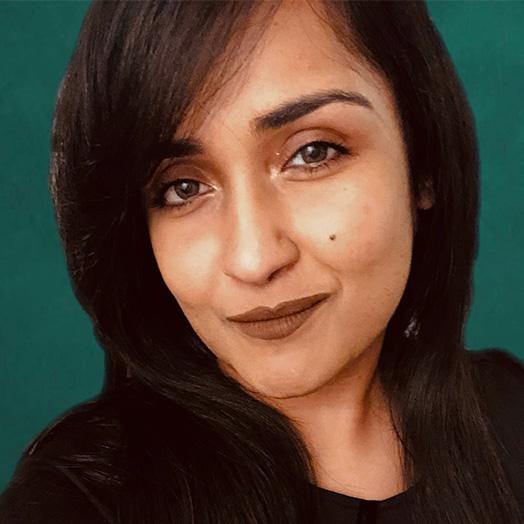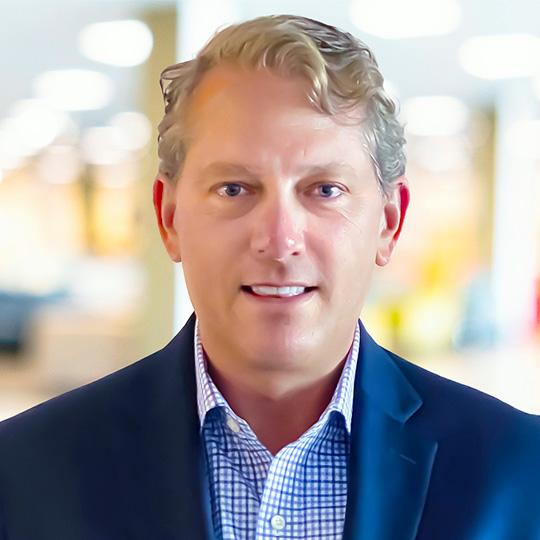
It takes a village, and the Flex MBA
When it comes to tackling the challenges faced by midwives in her native Sudan, Tagwa Elmubarak has the drive and the passion to overcome the hurdles of being half a world away.
For the pragmatic and logistical components of her efforts, however, she gives credit, in large part, to the Johns Hopkins Carey Business School.
The Flex MBA (with a concentration in Leading Organizations) student grew up in Alabama and received her BS in Neuroscience and Behavioral Biology from Emory University. She works for Johns Hopkins University in central IT. Tagwa is earning her degree via a “hybrid” format, taking some classes online and others at Carey’s Baltimore campus.
In applying to the Flex MBA, Tagwa “saw the human aspect other schools lacked. When I came to Carey it seemed like Johns Hopkins as a whole had this air of helping and working to … make the world a better place. I also wanted to tie [my education] in with my overall goal and theme of life to better the lives of people around me, starting with the least fortunate.”
Tagwa credits her Flex classes with augmenting her basic skills while creating new possibilities to achieve.
“[It’s] fine to have the drive, fine to interact with people,” she said, referencing her strongest skill sets. While not as familiar with financial aspects and related political and socio-economic matters, Tagwa cites Carey with helping identify these challenges “and how to tackle them.”
She described the Business Leadership and Human Values course she took this summer as “phenomenal." "It was really great that Carey provided a space via that class to have meaningful discussions. [It] helped to bounce ideas [off each other]. I learned a lot; it also changed my perspective on a lot of things, just because I understood different viewpoints that I had never heard before.”
As a Carey student, Tagwa has been invited to participate in the Clinton Global Initiative (CGI), an opportunity she considers crucial to her midwifery work. Established in 2005 by President Bill Clinton, CGI convenes global and emerging leaders to create and implement solutions to the world's most pressing challenges. Since its inception, CGI members have made more than 3,600 Commitments to Action, which are improving the lives of more than 435 million people in 180 countries. Tagwa plans to attend the annual meeting this October, in Chicago.
“[This is] a good opportunity to make more large-scale progress,” to take her midwifery work “to another level,” said Tagwa. “It takes a village.”
Tagwa’s interest in and involvement with midwifery facilities in Sudan started with a conversation with her uncle, Mahmoud Elmubarak, over a cup of coffee and plans for her future.
“He made me aware of the issues of the midwifery facilities in Sudan and his one wish to create a well-functioning facility. I then replied with ‘Okay. Then let’s do it,’ ” remembered Tagwa. “Ever since then, he’s been instrumental in connecting me with individuals in Sudan to help me collect data and learn more.”
Midwifery training facilities in Sudan are marked by an overall lack of quality and inadequate training, in addition to shortages of supplies and substandard facilities. The Sudanese American Medical Association (SAMA), based in Washington, D.C., is working on the challenge to improve training and subsequent outcomes.
To this end, Tagwa launched her own initiative, “A Better Way Sudan”. Located in and focused on the Kordofan region of the country, “A Better Way Sudan” seeks to improve medical care, lower the rate of birth complications and infant mortality, and empower native women, in part by training and employing them in the local midwifery facilities. Tagwa has also connected with SAMA to boost her efforts.
Tagwa hopes to address fundraising, supplies, infrastructure, and building issues – all critical to the success of A Better Way Sudan and other organizations like it – through robust networking at the CGI. “I hope some of these people will be represented at the conference. That’s not something I’m going to be shy about,” she said.
Tagwa sees her participation in the CGl as potentially central to the success of her fledgling efforts in Sudan. This kind of networking is especially critical since she is able to travel back home only a few times a year and relies on trusted associates onsite to keep the operations of her initiative functioning and moving forward. Of necessity, most of her work is done remotely.
“I don’t believe this kind of goal that I have should exist in a vacuum,” she said. "I'm really looking to network with people who are already working and are interested in this … whether it’s people further along in their projects than yours or just starting out. I think that’s valuable and I think that’s important for the goals to be sustainable and long-term to have contacts for me to interact with."
“I’m really hoping to make connections with people doing the same thing, or similar projects,” added Tagwa. “Overall, it will be great to be in a space where everyone is trying to improve something, somewhere. There’s a lot I can learn from there.”
"I love that I’ll be in an environment where there’re people who have already begun projects who are far along or just starting out … the climate is to help and the help is already existing and tangible,” she added.
Of the future fortunes of A Better Way Sudan, Tagwa is nothing but optimistic. “I know where my heart is and I know where my drive is, and I know that we’re making great progress. It’s been incredible so far and I’m only hopeful for good things to come.”


